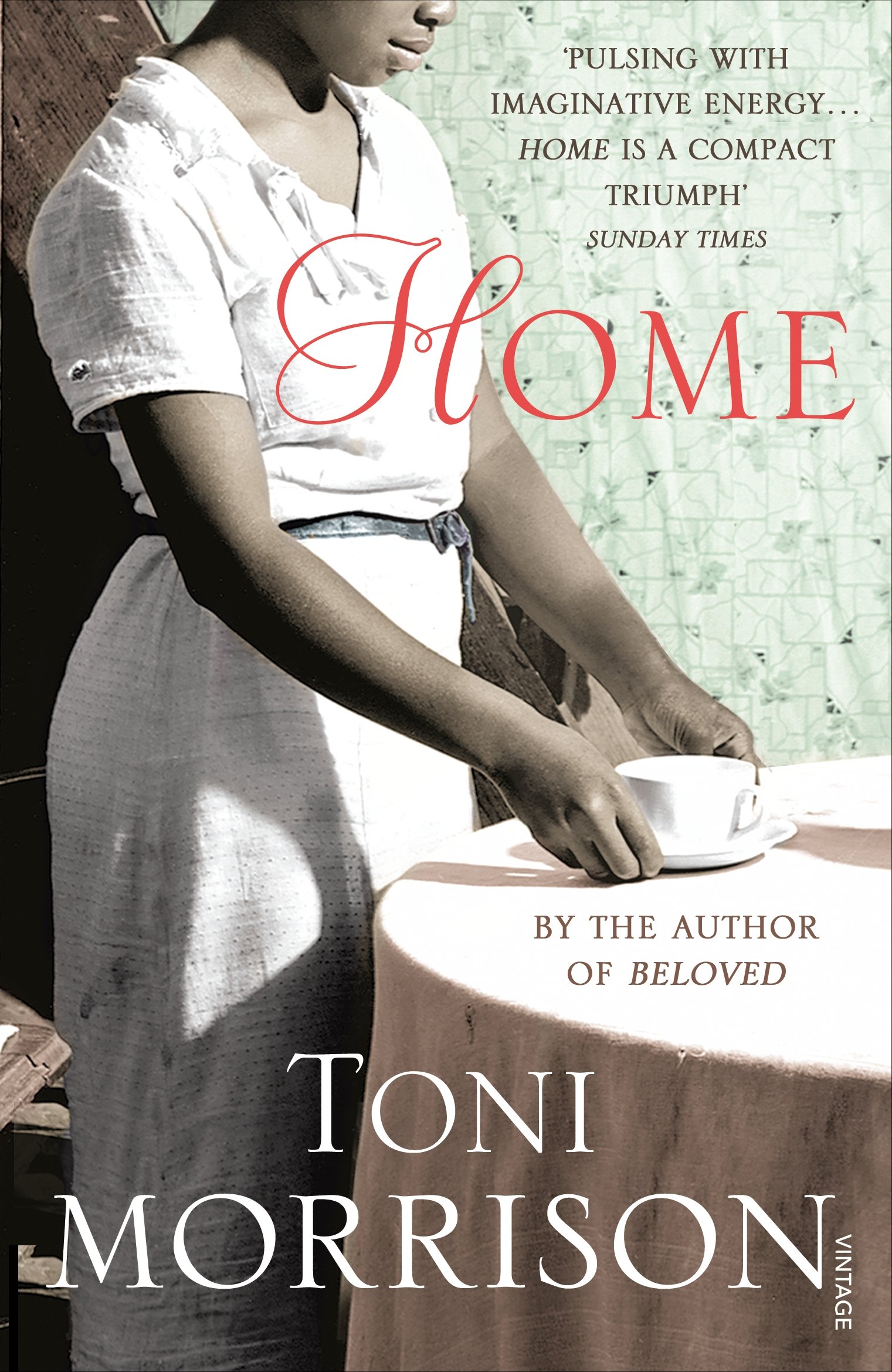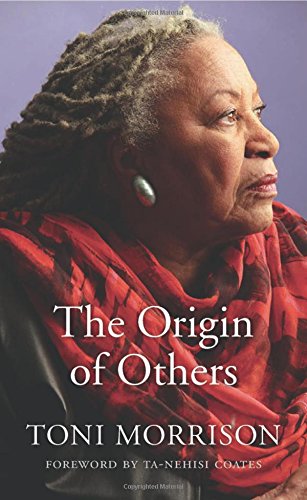Herbert Ekwe-Ekwe
BALARABE MUSA is one of the leading Fulani islamist/jihadist north genocidist Nigeria public persons. He was once head
of regime of the Kaduna northcentral region.
Musa has recently been speaking to his
“country”’s media on Igbo people who, for the past 52 years, 1966-2018, have
been subjected to the most gruesome and expansive genocide in the history of
Africa by Nigeria and its suzerain state, Britain. The dual genocidists
murdered 3.1 million Igbo people or 25 per cent of Igbo population during
phases I-III of the genocide (29 May 1966-12 January 1970) and a further murder tally of tens
of thousands of Igbo in organised pogroms executed in north Nigeria and
elsewhere in Nigeria as well as in Biafra during the course of phase-IV of the
genocide (13 January 1970-present day:
1980 ... 1982 ... 1985 ... 1991 ... 1993 ... 1994 ... 1999
... 2000 ... 2001 ... 2002 ... 2004 ... 2005 ... 2006 ... 2007 ...
2008 ... 2009 ... 2010 ... 2011 ... 2012 ... 2013 ... 2014 … 2015 … 2016 … 2017
… 2018 …).
MORE IGBO have been murdered in
genocides committed in African history than any other African peoples. The
primary perpetrator of the Igbo genocide, it cannot be overemphasised, is an African-led state, not European. The Igbo genocide far outstretches the 30 years’
duration of the horrendous genocide of a host of constituent African peoples of
the Congo River basin of central Africa carried out by Belgian King Leopold
II/Belgian state, 1878-1908, when the Belgians and their European World allies
murdered 13 million Africans.
THE crux of Musa’s reminiscences on
the Igbo in that media interview is rendered in the following direct quotes (criticaltimesnews.com, Saturday 17 February
2018):
“Igbo are more republican than the [n]orth and other [peoples in Nigeria] … [Peoples in Nigeria] are afraid of the Igbo because they [Igbo] are more competitive … both in practice and history. The Igbo are more competitive than the Hausa and the Yoruba. The Hausa and Yoruba bourgeoisie are afraid of this … Igbo are more competitive because they don’t have inhibition … You can say largely that Igbo are free thinkers …”
“Republican history and competitive drive”
and genocide
NOWHERE in his interview, though,
does Musa condemn the Igbo genocide by Nigeria unreservedly nor demand forthright
the punishment of those culpable in this crime against humanity. Those categorisations
of his on features of Igbo national character are indeed central, right from
the outset, in the execution of the Igbo genocide particularly as conceived and
evaluated by its notorious lead perpetrators – the British and Fulani islamist/jihadist north region Nigeria. It is precisely in response to those
Musa’s repeated references to Igbo republican history and competitive drive that Fulani islamist/jihadists executed the pogroms of Igbo immigrants in Jos (northcentral
Nigeria) in 1945 and in Kano (north Nigeria), 1953, precursors or “dress rehearsals”
to the Igbo genocide (29 May 1966-present day); it is precisely in response to those Musa’s repeated references to Igbo republican history and competitive drive that Ahmadu Bello, the Fulani islamist/jihadist leader and sardauna of Sokoto, carried out his infamous late 1950s/early 1960s
interview where he called for the mass murder of Igbo people (http://re-thinkingafrica.blogspot.co.uk/2015/09/igbo-tenacity-drive-and.html); it is precisely in response to those Musa’s repeated references to Igbo republican history and competitive drive that Britain,
in full alliance with the Fulani islamist/jihadist north Nigeria which opposed the
freedom of African peoples under the British conquest and occupation which the
Igbo led (1930s-October 1960), planned and executed the Igbo genocide (29 May
1966-present day), this foundational genocide of post-(European)conquest Africa (http://re-thinkingafrica.blogspot.co.uk/2015/10/herbert-ekwe-ekwe-conquerors-concord-in.html); it is precisely in response to those Musa’s repeated references to Igbo republican history and competitive drive that the Yoruba nation or what Musa tags “Yoruba bourgeoisie” joined the Igbo genocide-prosecuting amalgam of Britain, Fulani islamist/jihadists and other constituent Nigeria nations (Kanuri, Tiv, Idoma, Nupe, Yergam, Bachama, Edo, Uhrobo, etc., etc.) on 6 July 1966 and have remained a reliable and dedicated ally in pursuit of this morbid enterprise ever since; it is precisely because of those Musa’s repeated references to Igbo republican
history and competitive drive and indefatigable opposition to any form of human
oppression and subjugation that the Igbo led the African peoples’ freedom movement
(mid-1930s-October 1960) to terminate the British occupation of the states and peoples of this southwestcentral region of Africa it calls “Nigeria” (http://re-thinkingafrica.blogspot.co.uk/2015/08/blog-post_19.html).
Nigeria collapsed as a state with any
serious prospects for the future on Sunday 29 May 1966 – verily, the day it embarked
on the Igbo genocide. Musa should have conveyed this fact to his interviewers most
urgently and explicitly. Surely, Nigeria couldn’t recover from committing this
heinous crime, this crime against humanity... Besides being contemporary Africa’s
most vicious genocidist state, it is Africa’s worst kakistocratic state, home
to two of the world’s five most deadly terrorist organisations (Boko Haram,
Fulani militia), worst murderer of an African people in history…
Biafra
THANKFULLY, for the survivors of the Igbo genocide and for African peoples and the rest of the world, the only redemptive breakthrough that has occurred from the haunting tragedy that is Nigeria has been the emergence, therein, of the transformative state of Biafra. This is indeed extraordinary.
THANKFULLY, for the survivors of the Igbo genocide and for African peoples and the rest of the world, the only redemptive breakthrough that has occurred from the haunting tragedy that is Nigeria has been the emergence, therein, of the transformative state of Biafra. This is indeed extraordinary.
(John Coltrane Sextet, “Out of this world” [personnel: Coltrane, tenor saxophone; Donald Garrett, clarinet, bass; Pharoah Sanders, tenor saxophone; McCoy Tyner, piano; Jimmy Garrison, bass; Elvin Jones, drums; recorded: live at Penthouse Jazz Club, Seattle, US, 30 September 1965])
Twitter @HerbertEkweEkwe










